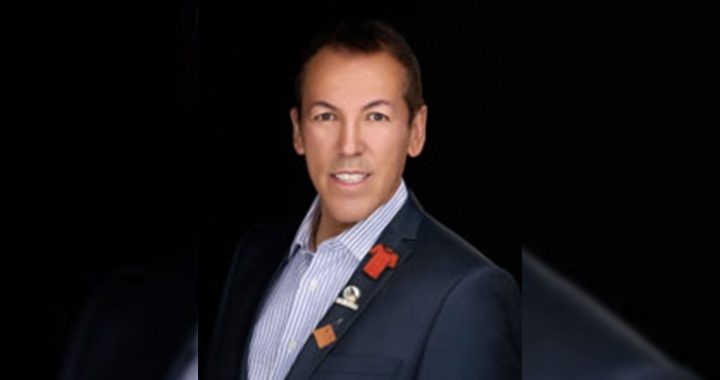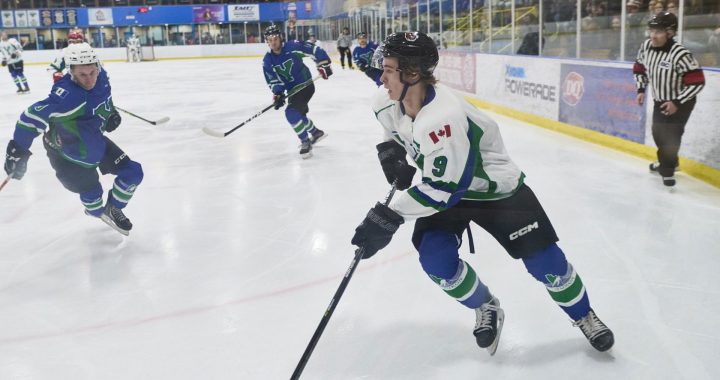Lawyer Chris Murphy, right, represents Colten Boushie’s family. Boushie, a 22-year-old Cree man was fatally shot on a Saskatchewan farm. Also pictured (from left to right) are Boushie’s uncle, Alvin Baptiste, mother Debbie Baptiste and cousin Jade Tootoosis.The Canadian Press
A lawyer helping the family of a young Cree man shot and killed by a Saskatchewan farmer left a different courthouse this week with an idea about how Canada’s jury system could be improved.Chris Murphy is part of a coroner’s inquest examining the death of an Indigenous man who died following a police chase in Saskatoon.Some provinces have fatality inquiries headed by provincial court judges. But others – including Saskatchewan, Ontario and British Columbia – have coroner inquests with juries.And in Saskatchewan, if a deceased is Indigenous, a coroner’s jury is often part Aboriginal too.”I felt that we had been engaged in a very fair process,” Murphy said.”They had literally two separate piles from which names were randomly drawn and we alternated between Indigenous and non-Indigenous jurors.”In January, Murphy watched as a jury with no visibly Indigenous members was selected for the murder trial of white farmer Gerald Stanley in the death of 22-year-old Colten Boushie.Of 45 potential jurors selected at random, five appeared to be Indigenous, Murphy said. They were rejected by Stanley’s lawyer through peremptory challenges, which can be made without having to give a reason.”I walked away … firmly believing that the justice system has got to change,” Murphy said. “Allowing that process to happen is, in my view, state-sanctioned discrimination.”The jury found Stanley not guilty. Accusations of racism followed, as well as calls to end peremptory challenges and for more Indigenous representation on juries.Jordan Lafond, 21, was in a stolen truck being chased by Saskatoon police when it crashed. Media have reported that officers found Lafond under the truck, but he resisted arrest and an officer used a knee to subdue him. He later died in hospital.Murphy is representing Lafond’s family at the inquest. He said lawyers agreed that at least three of the jury’s six members should be Indigenous. They were able to ask potential jurors about whether they would be comfortable on a jury, could come up with recommendations and had any possible bias.The selected jurors were told to return to court when the inquest resumes in June.Potential jurors are similarly questioned for inquests in other provinces, but qualifying them by race may be unique to Saskatchewan.The province amended legislation in 1999 to allow its chief coroner to request a jury be “composed, wholly or in part, of people from a specific racial or cultural group.”The Justice Ministry said in an email that the provision is commonly used and puts juries in a better position to understand the deceased’s circumstances.Murphy said there’s no constitutional reason why the same approach couldn’t be used in criminal courts where an accused is supposed to be judged by peers. Indigenous people have high incarceration rates yet low representation on juries.Nicholas Stooshinoff, president of the Saskatchewan Trial Lawyers Association, said he believes Canada’s justice system is the finest in the world and doesn’t need an overhaul because of “knee-jerk” reactions to the Stanley verdict.He said he recently met with Indigenous clients who live in the same area as Stanley and they agree with the acquittal.”I have not seen any evidence or any indication that an all-First-Nations jury would not have come to the same conclusion,” Stooshinoff said. “There is an assumption among some individuals, politicians included, that this man was acquitted because of racism on the part of the jury.”I find that very disturbing. And it really does not do anything to enhance the quality of our judicial system.”










